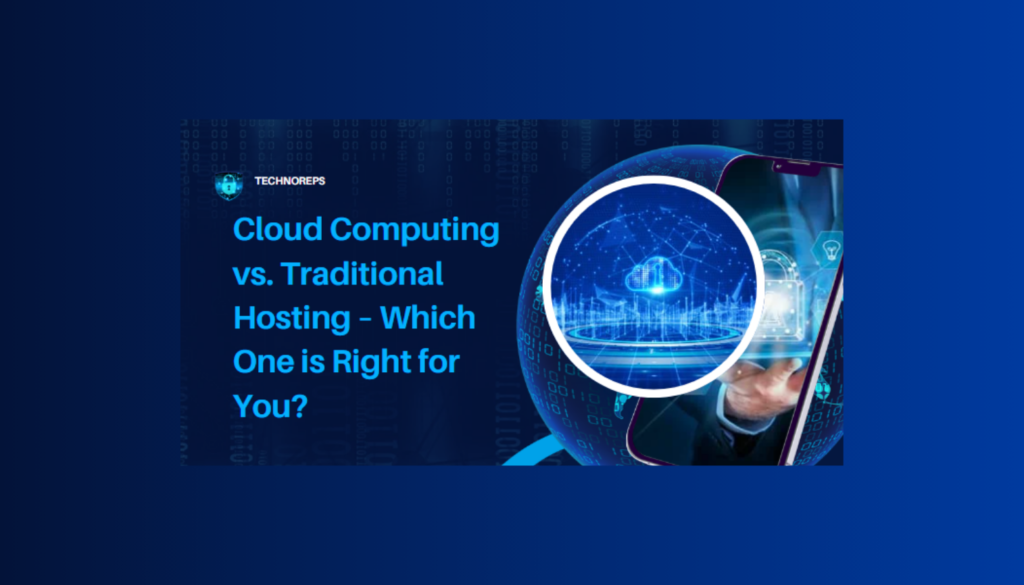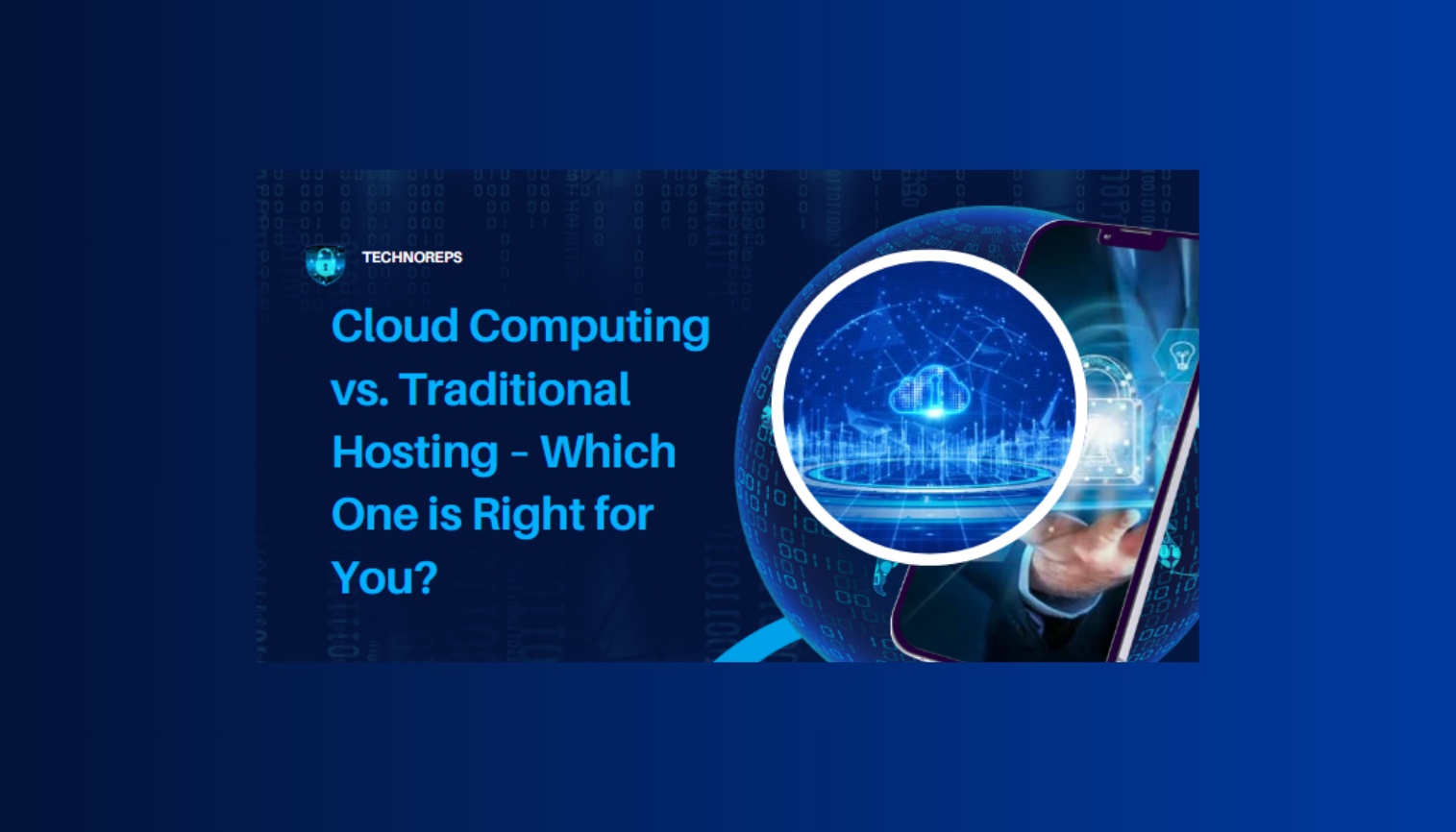In today’s digital landscape, businesses and individuals must choose the right hosting solution for their websites and applications. The two primary options are cloud computing and traditional hosting. Each has its benefits and drawbacks, making it essential to understand which one aligns best with your needs.
What is Cloud Computing?
Cloud computing refers to the use of remote servers to store, manage, and process data rather than relying on local servers or personal computers. It offers on-demand scalability, flexibility, and cost-efficiency, making it a preferred choice for modern businesses.

Benefits of Cloud Computing
- Scalability: Easily scale resources up or down based on demand.
- Cost-Effective: Pay only for what you use, reducing operational expenses.
- Reliability: Ensures minimal downtime with redundant infrastructure.
- Remote Accessibility: Access data and applications from anywhere.
- Automatic Updates: Providers handle maintenance, security, and software updates.
Drawbacks of Cloud Computing
- Internet Dependency: Requires a stable internet connection.
- Security Concerns: Data is stored on third-party servers, raising privacy risks.
- Learning Curve: Some businesses may require training to adapt.
What is Traditional Hosting?
Traditional hosting involves renting space on physical servers maintained in data centers. The most common types include shared hosting, VPS hosting, and dedicated hosting.
Benefits of Traditional Hosting
- Full Control: Businesses can manage configurations and security settings.
- Predictable Pricing: Fixed monthly or yearly fees without fluctuating costs.
- Performance Stability: Dedicated servers provide consistent performance.
Drawbacks of Traditional Hosting
- Limited Scalability: Requires manual upgrades and migrations.
- Higher Maintenance: Users must handle server management and updates.
- Downtime Risks: Hardware failures can lead to service interruptions.
Cloud Computing vs. Traditional Hosting: A Detailed Comparison
| Feature | Cloud Computing | Traditional Hosting |
|---|---|---|
| Scalability | High | Limited |
| Cost | Pay-as-you-go | Fixed pricing |
| Performance | Optimized, dynamic | Can be slower, depends on server |
| Security | Managed by provider | User-managed |
| Maintenance | Automatic | Requires manual effort |
| Customization | Limited | Full control |
Which One is Right for You?
- Choose Cloud Computing if:
- You need a scalable and cost-effective solution.
- You prefer automatic maintenance and security.
- You require remote accessibility and flexibility.
- Choose Traditional Hosting if:
- You need complete control over your server environment.
- You have predictable and stable hosting needs.
- You prefer a fixed pricing model.
Final Thoughts
Both cloud computing and traditional hosting have their advantages and drawbacks. Your choice should depend on your business size, technical expertise, budget, and scalability requirements. If you’re looking for an efficient, scalable, and cost-effective solution, cloud computing is the way to go. However, if customization and control are your top priorities, traditional hosting may be a better fit.






